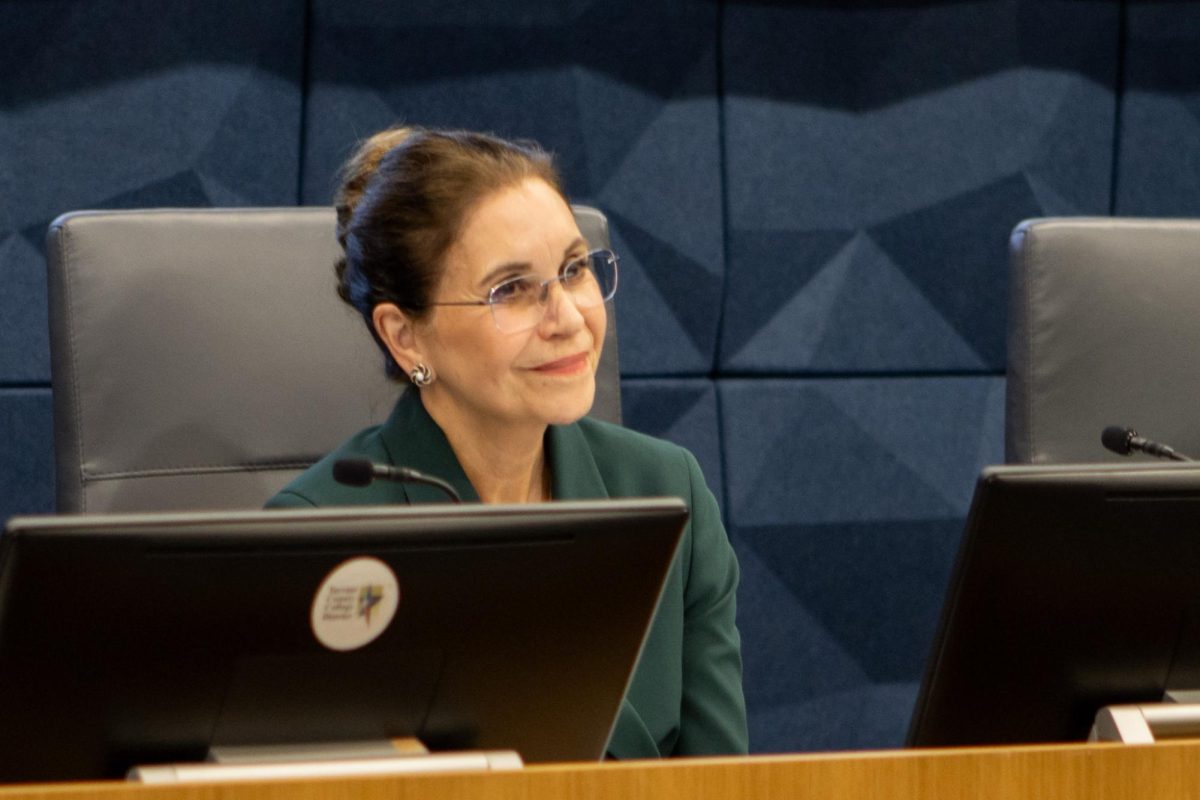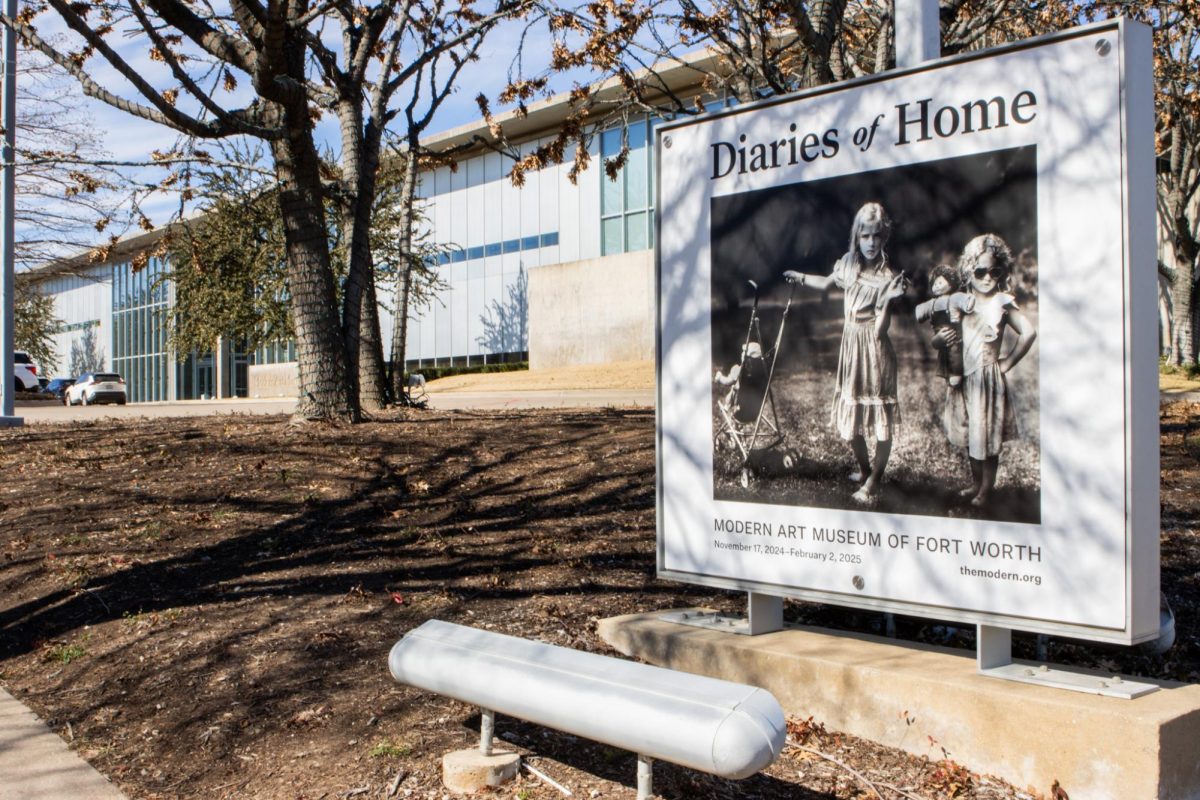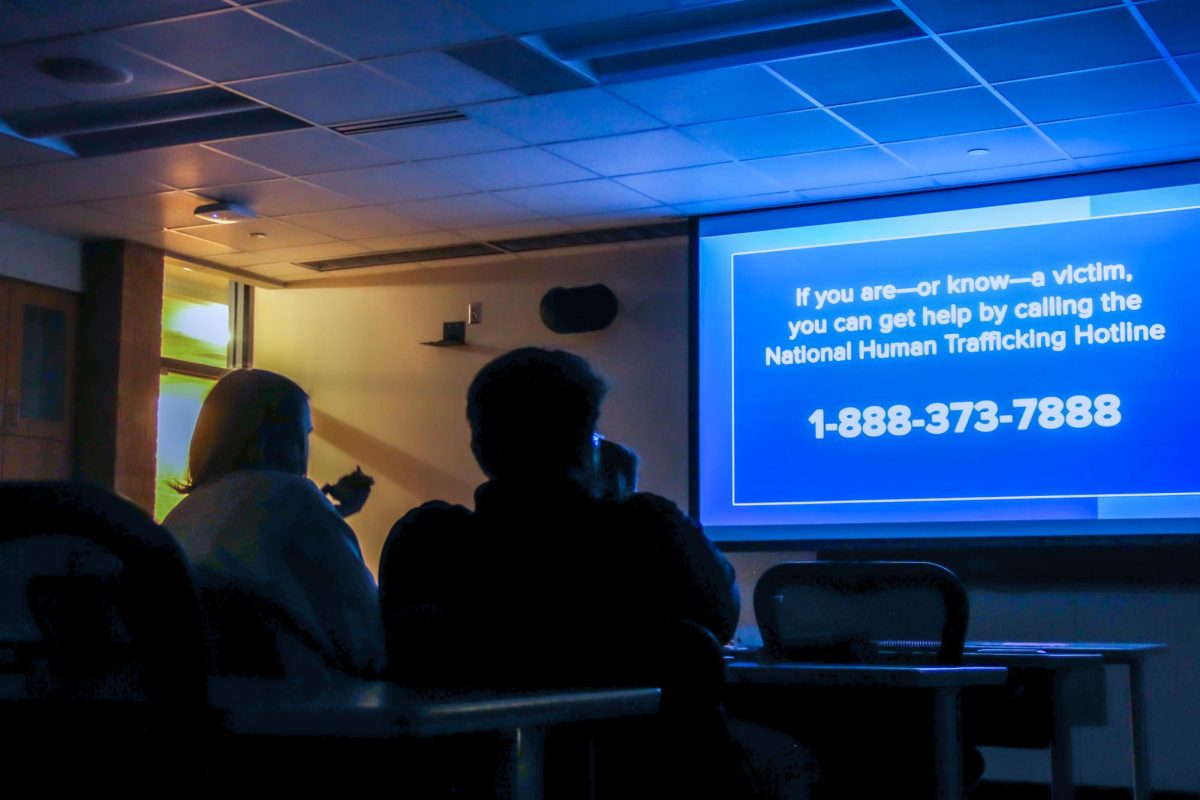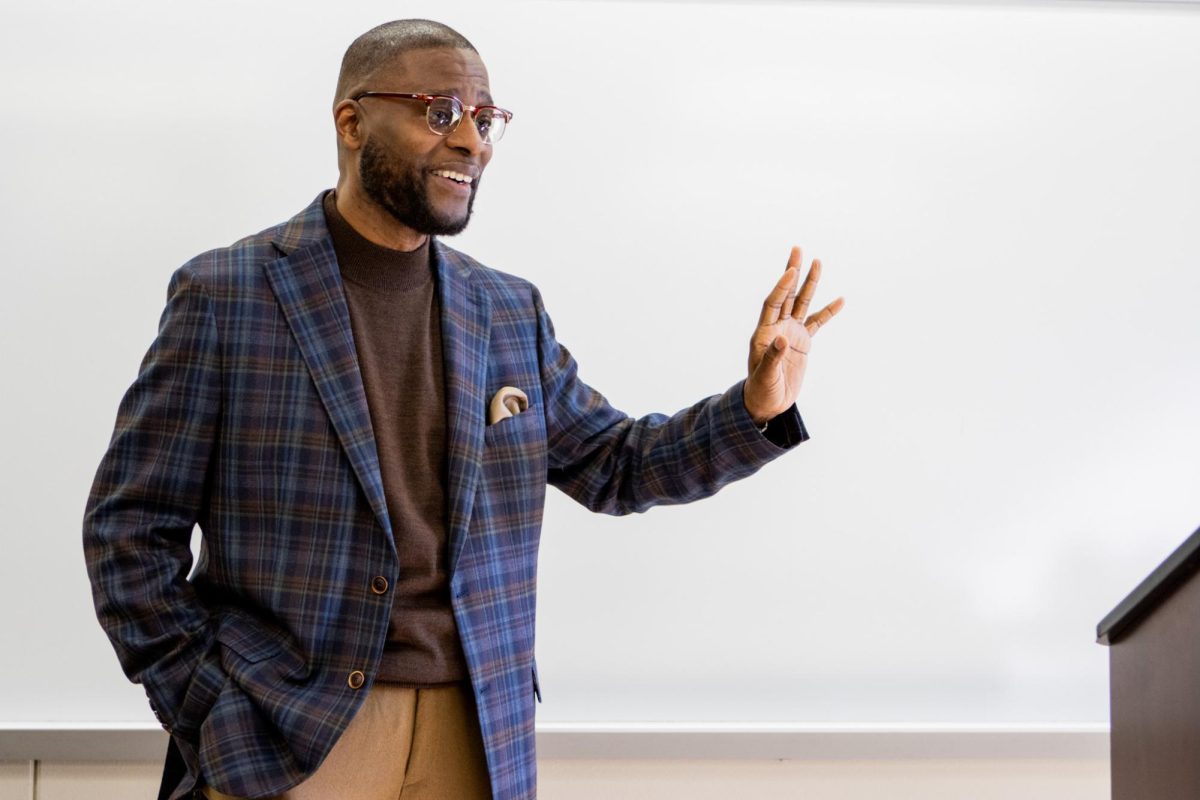By Hoda Hassan/reporter
Americans are living in a society where stress, violence and the glamorous lives of movie stars and athletes are an enormous influence. In the absence of good role models, this stressful life can lead young people to serious and costly actions, a panel told SE Campus recently.
About 25 people attended Binge Drinking, a seminar presented by the SE Campus Counseling center March 13.
Garrison Henderson, associate professor of sociology, served as moderator.
Panel members included Pam Auzza from Teen Challenge, a recovery program, and Sheila Knight, lead outreach specialist with the HIV services/addiction services division of Mental Health/Mental Retardation of Tarrant County.
Society’s negative influences or the absence of positive parents, peers and other role models increases risk taking substantially among teenagers, who pick up habits and adopt violent attitudes, Knight said.
Deciding to drink alcohol is a personal decision. The legal drinking age throughout the United States is 21, yet almost 80 percent of high-school age students have tried alcohol and increased the consumption of it while at college, according to the National Center on Addiction and Substance Abuse.
Students must understand the consequences of overdrinking and problems associated with alcohol abuse, such as violence, theft, early active sex, unprotected or unwanted sex or drug abuse, Auzza said.
Auzza said she had personal addiction problems, which she prevailed over with the help of religious support.
Educating teens is essential to prevent actions that most often are the direct result of alcohol abuse, Auzza said. Symptoms to look for include the following.
• Using alcohol as a way to forget problems, such as lost relationships, guilt, worry.
• Hiding secrets from family and friends.
• Losing interest in activities that used to be important. Problems with schoolwork, slipping grades or absences.
• Hanging out only with friends who use drugs.
• Stealing or selling belongings to buy drugs.
• Failing attempts to stop drinking.
• Experiencing anxiety, anger, depression, mood swings, changes in sleeping habits, changes in eating habits, including weight loss or gain.
Young people do not understand the serious repercussions of drinking, Knight said.
“My 25-year-old son killed his unborn son while under the influence of alcohol and drugs,” she said. “The serious and costly price my son has to pay got me involved in teenager recovery programs.”
One such program is Teen Challenge, a Christian drug and alcohol ministry for women 18 and older. The organization, which can be accessed online at www.fwtchallenge.org, offers help at no cost to those with alcohol addictions.
Knight also talked about www.thearc.org, a Web site for an organization that helps people with intellectual and developmental disabilities. The Web site has a link to alcohol-related issues such as fetal alcohol syndrome, which is caused by mothers drinking while pregnant and results in babies being born with mental and physical deficiencies.
“I would not miss it [alcohol] a bit,” Auzza, herself an alcohol survivor, said. “Do not hand your life over to alcohol. Have fun, but do not give up your free will to alcohol.”
























